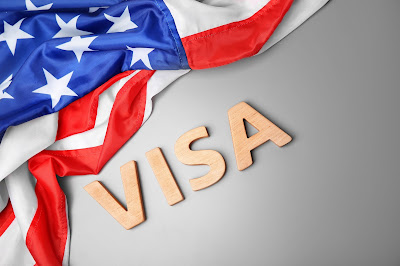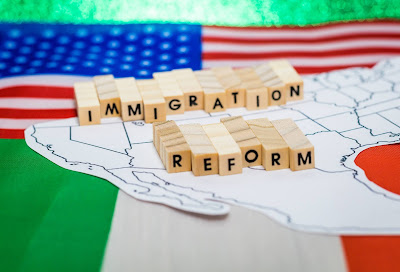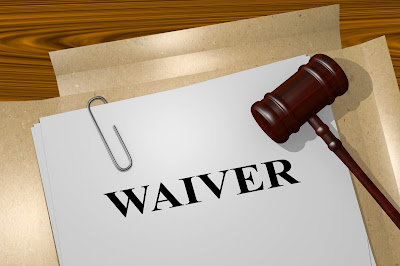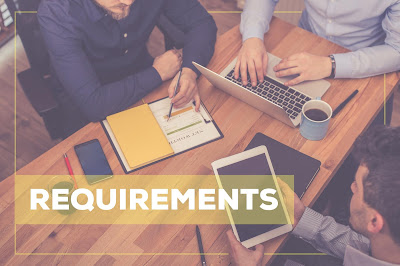Students wishing to study in the USA are able eligible for three different U.S. visas:
F-1 Student Visa.
This visa covers private high schools, colleges, graduate and professional degree programs (i.e. medicine, law, dentistry, etc.) provided that the educational program is intended for a degree. To be eligible, the applicant must be accepted into a school and be issued a SEVIS ID Number. Once the applicant receives his/ her SEVIS number, he or she can proceed by filling out a DS 160 online application and paying the appropriate visa fee. After the fee is paid, he or she will need to schedule an interview. An American consular officer interviewing the applicant will determine whether he or she qualifies for the F-1 Student Visa.
M-1 Vocational Visa.
This visa is intended for vocational or non-degree programs such as commercial airline pilot training or short term culinary studies. Like an F-1 Student Visa, an applicant must be admitted into a school and be issued a SEVIS ID number. Also, like an F-1 Student Visa, an American consular officer will determine whether she or she has enough ties to their home country which would require them to return following the completion of their temporary stay studying in the United States.
J-1 Student Exchange Visa.
This visa is for high school and college students who are interested in participating as exchange students. Although a J-1 is a non-degree program visa, a J-1 visa can be particularly special and beneficial to high school students as they will be living with an American host family during their semester or one-year study program in the United States. In addition, they will be attending public schools whereas an F-1 Student Visa is limited to private schools. To be eligible for a J-1 student exchange visa, he or she must be sponsored under a designated program. Like the F-1 and M-1 visas, they must be interviewed by an American consular officer who will determine eligibility for the visa.
For more information, contact us.
ENTERLINE & PARTNERS CONSULTING
🏢 3F, IBC building, 1A Cong Truong Me Linh Str, District 1, HCMC.
📞 0933 301 488









